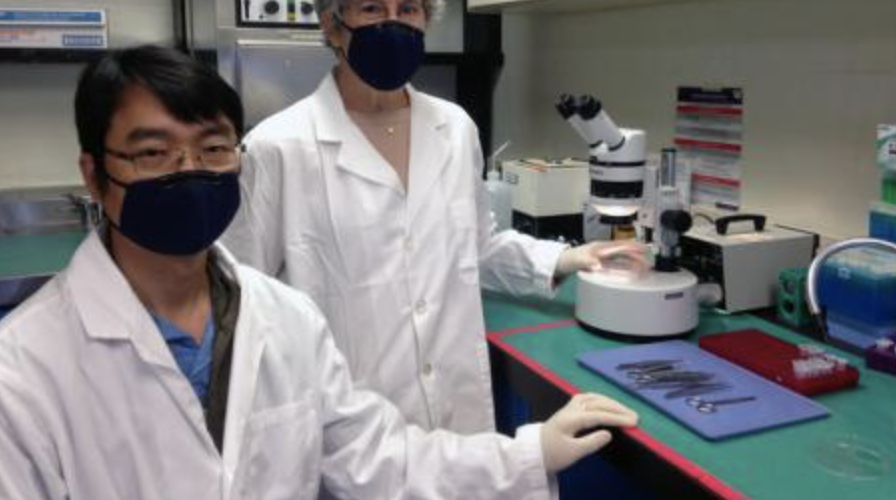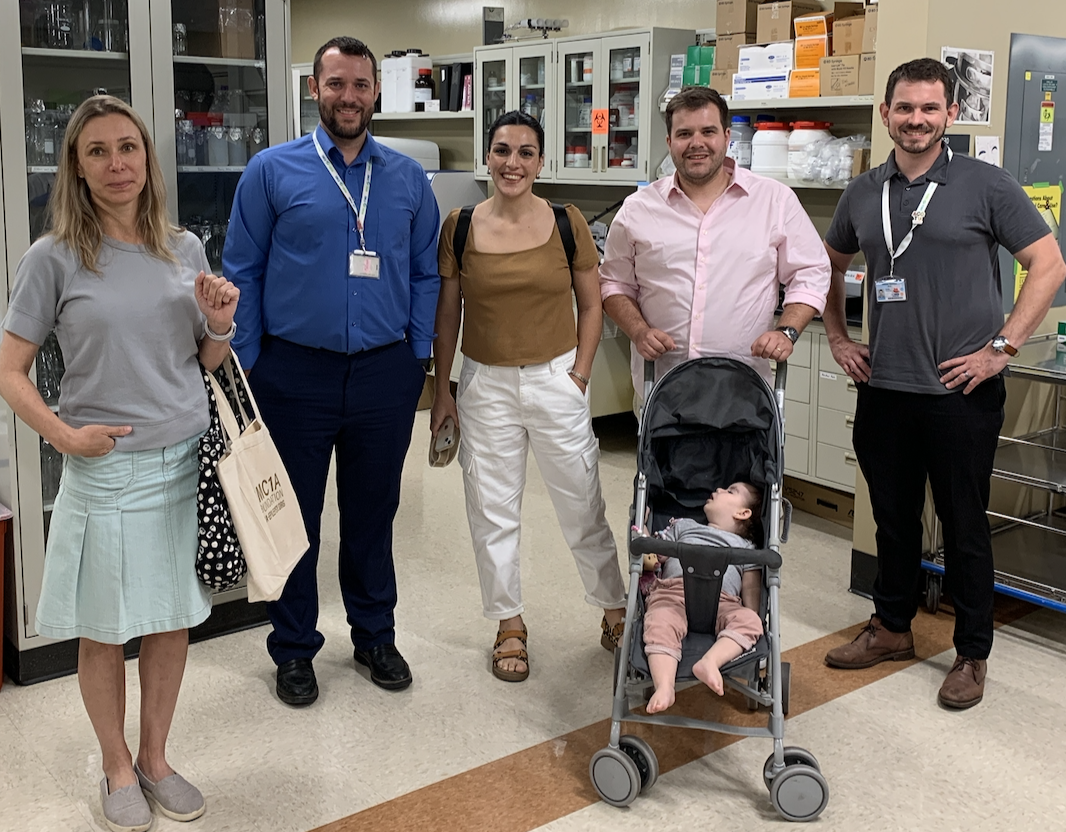Funded Studies

$31,000 Seed Grant – Seattle Children’s, UW. Dr. Xiuhua L. Bozarth and Dr. Xinxian Deng.
Molecular etiology of a novel SMC1A-linked epileptic disorder
Generating iPSCs and NPCs from patient and control (5 patients and 5 control), and expression and Hi-C analysis in NPCs. This study will provide vital preliminary data to strengthen NIH R01 application to identify the etiology and treatments of SMC1A-DEE. This study has the following aims: Aim 1). Build neural models of SMC1A-DEE and examine changes of neuronal morphology and functionality. Aim 2). Dissect molecular mechanisms responsible for SMC1A-DEE. Aim 3). Determine causative effects of SMC1A-DEE mutations by transgenic studies. This study ensures SMC1A DEE disease modele.

$182,935.00 Seed Grant – UC Davis Regenrative Medicine Stem Cell Program, Kyle Fink, PhD. and Julian Halmai, PhD.
Interventional genetics approaches for SMC1A related Developmental and Epileptic Disorder
This grant is co-funded with family Lucia Riestra and Ricardo Javier Rodriguez.
Possible avenues for Gene Therapy and x-activation with the following three aims. Aim 1). Addressing the dominant negative function of SMC1A by silencing and replacing the mutant gene. Creating genetic constructs to silence the mutant SMC1A and replace it with a healthy copy using a miniature CRISPR repressor. Aim 2). aiming to increase the expression of SMC1A to restore normal cell function through a technique called CRISPRa. This involves targeting SMC1A with an AAV-ready CasMINI activator to significantly increase the expression of SMC1A wildtype mRNA and protein, thereby boosting the level of the expressed escape allele above the critical threshold. Aim 3). Seeking to use AAV-compatible CRISPR constructs to create epigenetic escape alleles of both wildtype and mutant SMC1A in the cortex
Other Studies

Dr. Antonia Musio at Istituto di Tecnologie Biomediche, CNR-ITB; Segrate Milano, Italy
LCL’s were donated to Dr. Musio to study and to identify dysregulated genes in SMC1A epileptic girls and to investigate the safety and efficacy of Ataluren on the translation of SMC1A protein. Dr. Musio and his team’s goal is to identify dysregulated genes in SMC1A epileptic girls. If a girl carries a premature stop codon, the goal is to investigate the safety and efficacy of Ataluren on the translation of SMC1A protein.
Abhik Banerjee, MD-PhD Student at the University of Southern California
Study aim: Analysis of Phenotypic and Genotypic profile of patients with SMC1A DEE and SMC1A CDLS. Abhik Banerjee is working on writing a clinical article summarizing phenotypic and genotypic information from patients with SMC1A-Developmental Encephalopathy (SMC1A-DEE). Aiming to write a more comprehnsive analysis of response to AEDs.
